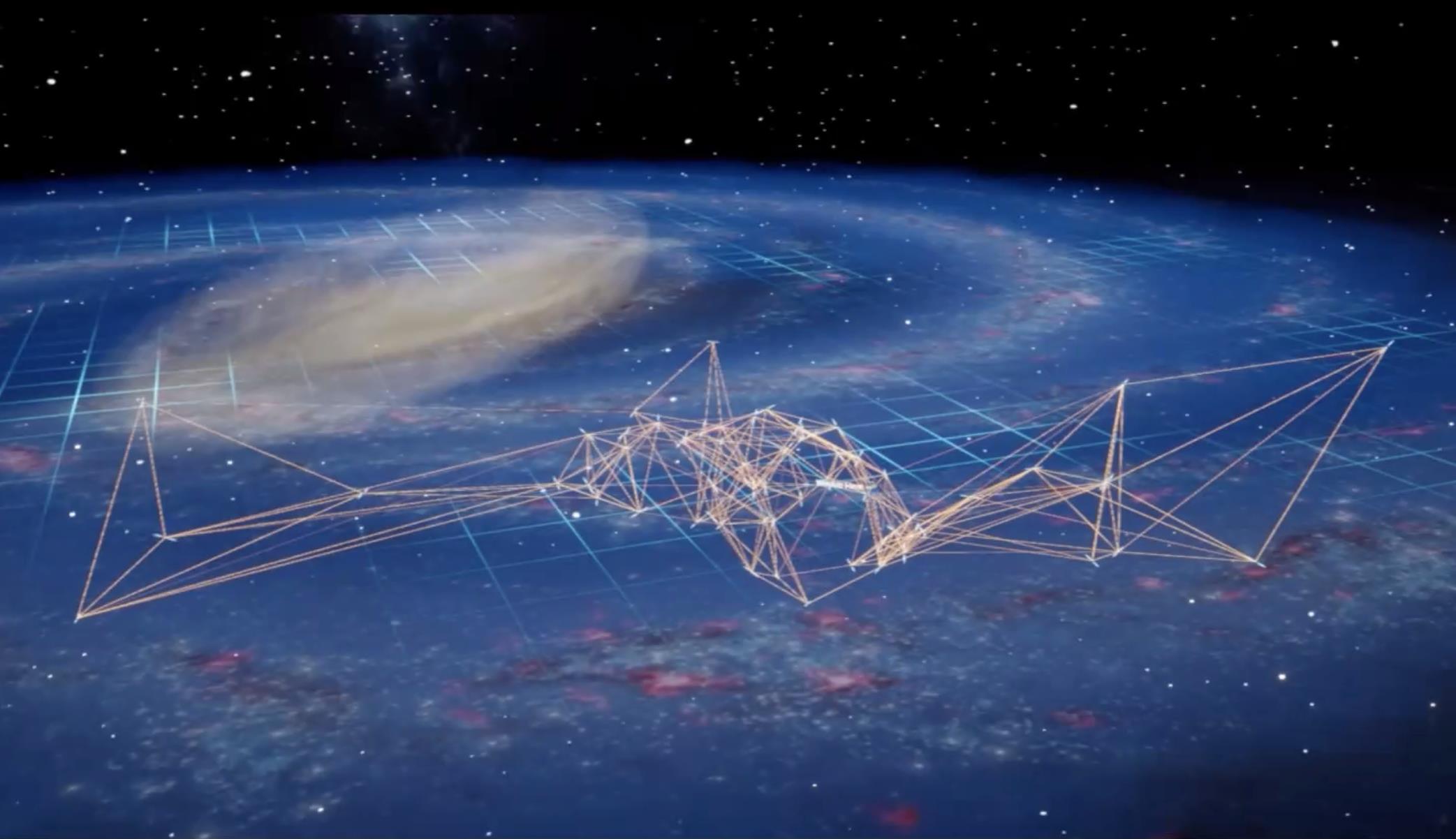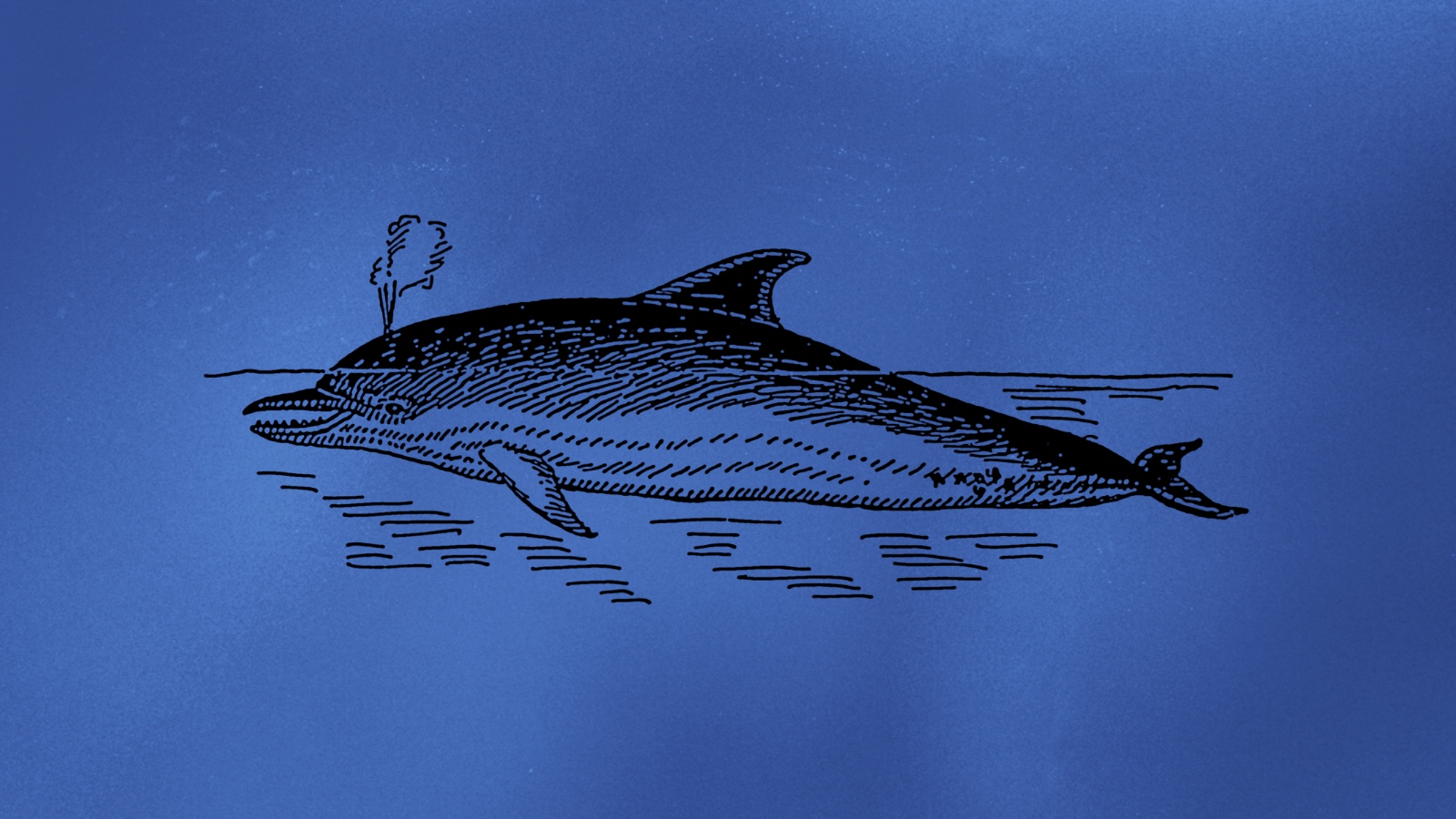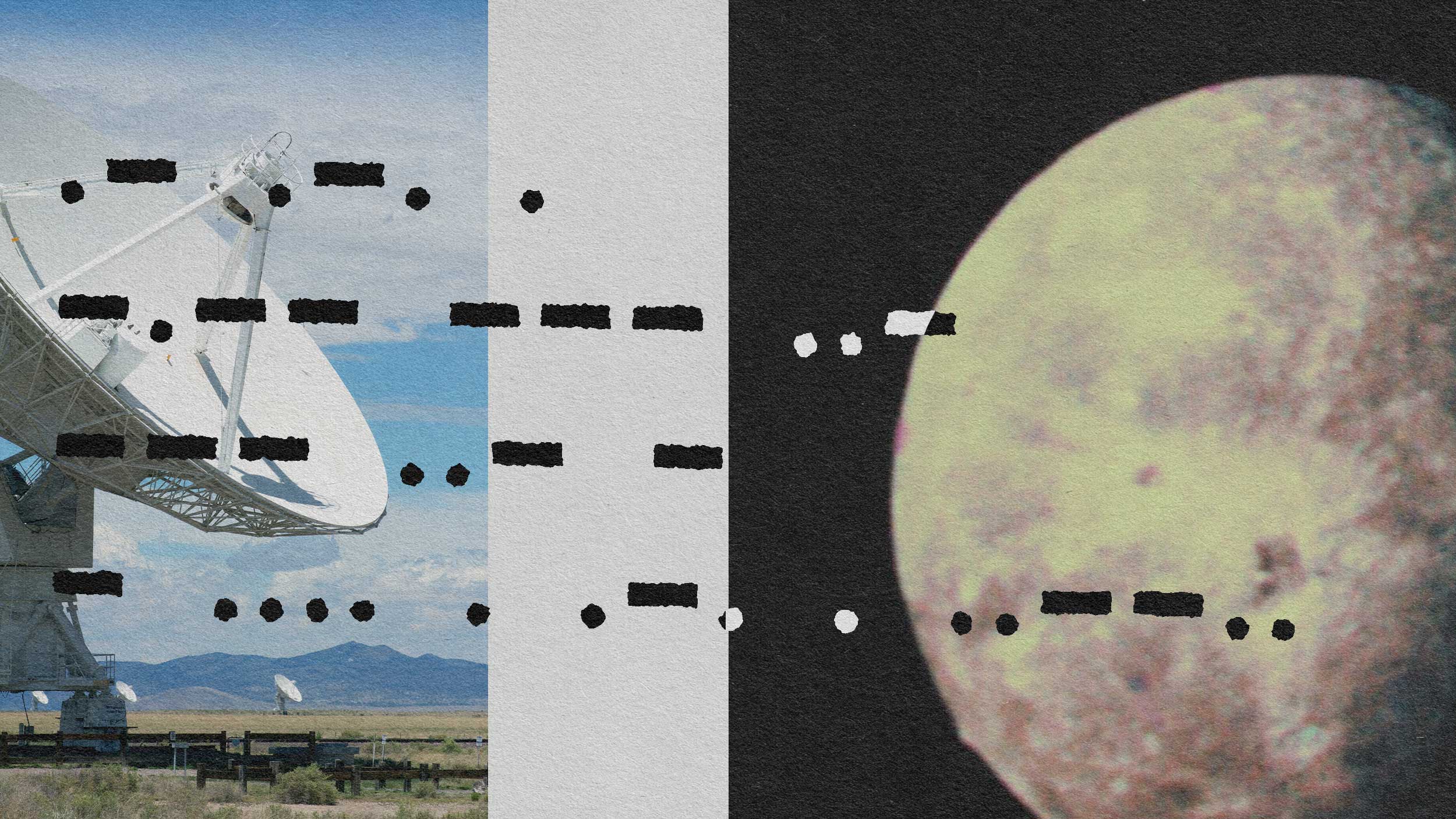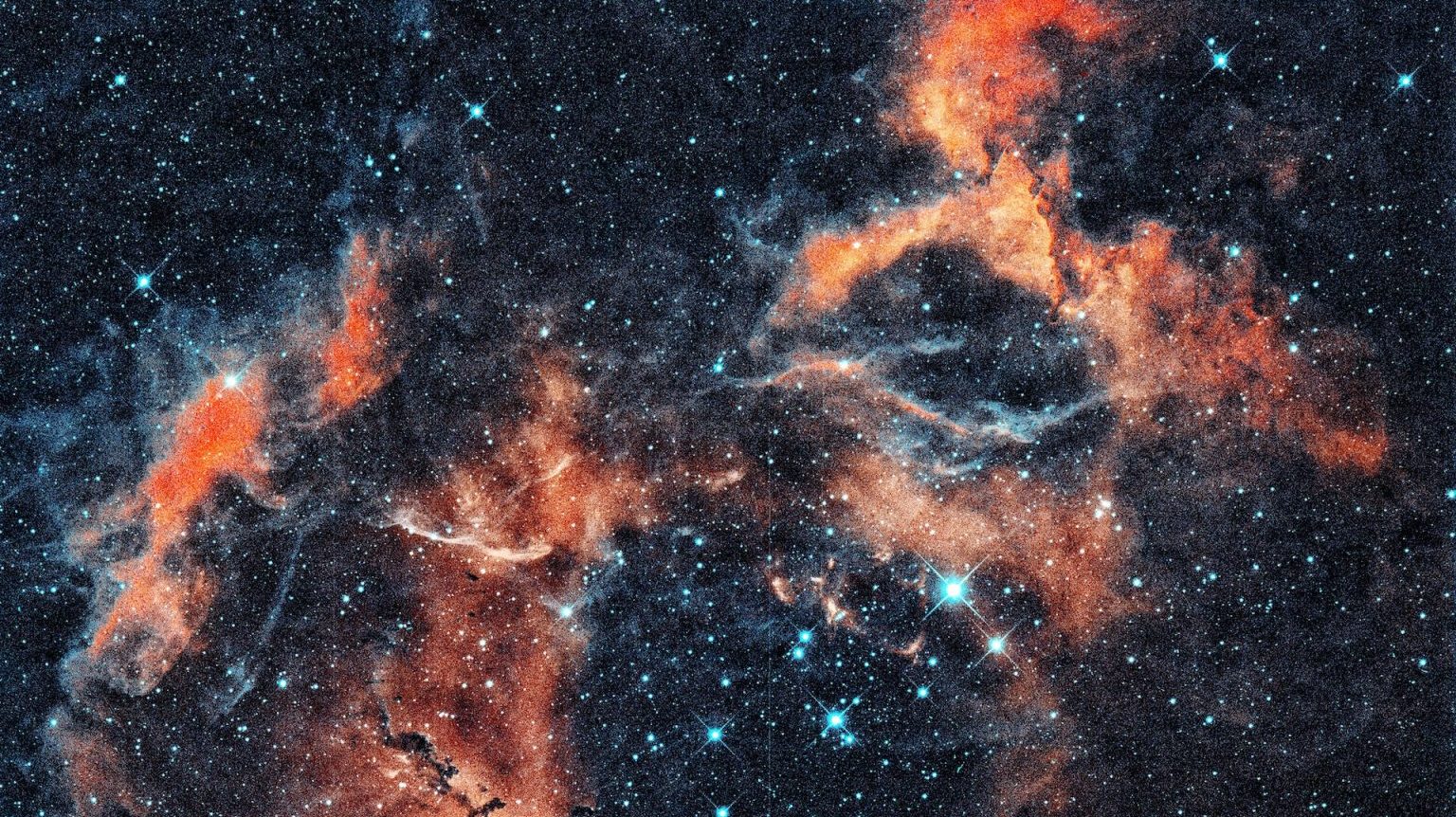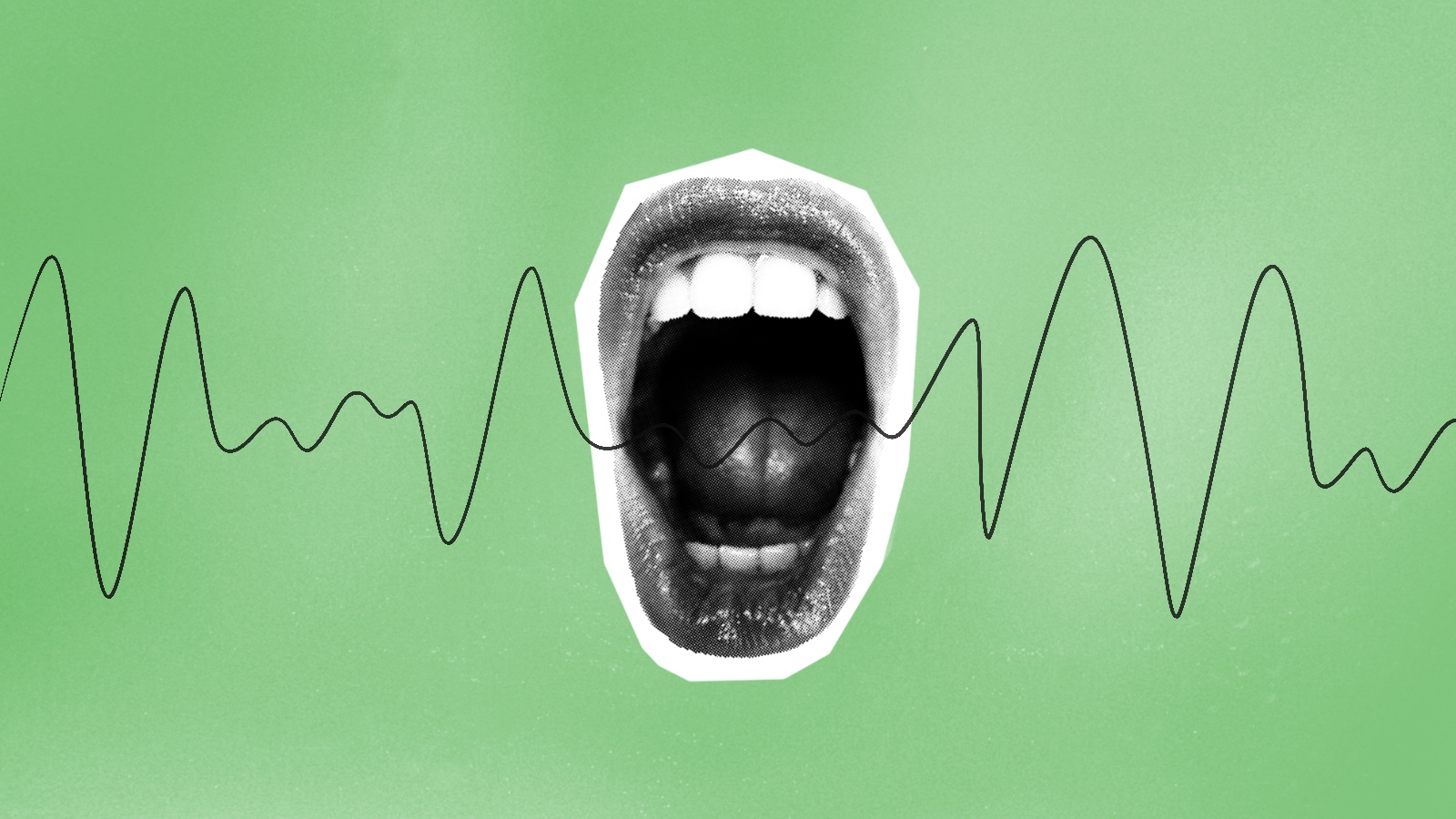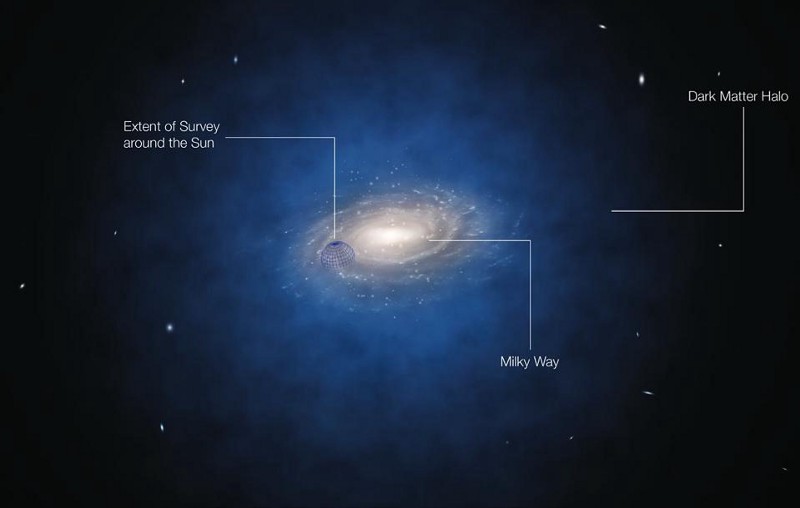Search Results
You searched for: Noise
You can learn an awful lot about people, culture, and politics by studying R.
Helplessness isn’t learned — it’s an instinctual response that can be overcome.
The neutrino is the most ghostly, rarely-interacting particle in all the Standard Model. How well can we truly make “beams” out of them?
Before there were planets, stars, and galaxies, before even neutral atoms or stable protons, there was the Big Bang. How did we prove it?
People who go ballistic over other people’s eating sounds aren’t just cranky — they have misophonia.
The space‑specific neurons in the owl’s specialized auditory brain can do advanced math.
After 15 years of monitoring 68 objects known as millisecond pulsars, we’ve found the Universe’s background gravitational wave signal!
If you have an old TV set with the “rabbit ear” antennae, and you set it to channel 03, that snowy static can reveal the Big Bang itself.
The mountain can generate lenticular clouds, which may contribute to its supernatural reputation.
Ancient currents seemed to move in concert with a 2.4 million-year dance between the Red Planet and Earth.
Communication among cetaceans, like whales and dolphins, looks especially promising.
Quantum mechanics has taught us that even empty space contains energy. “Negative energy” is the state of having less energy than empty space.
‘Dorozoku’ map crowd-sources the whereabouts of noisy kids in Japan – but who’s being anti-social here, exactly?
We will believe in AGI when it calls on Facetime.
Developing an awareness of and an appreciation for science is what we all truly need, not what we’ve been doing.
Since 1962, humanity has been sending messages into space with the intent to make contact with intelligent extraterrestrials. Are those efforts worth the risks?
Tasting sounds and hearing colors.
A new paper explores how noise from human activities pollutes the oceans, and what we can do to fix it.
Measurements of the acceleration of the universe don’t agree, stumping physicists working to understand the cosmic past and future. A new proposal seeks to better align these estimates — and is likely testable.
Could a theory from the science of perception help crack the mysteries of psychosis?
The debate goes back at least 400 years.
In the future, driving an app across a bridge could let engineers know how safe it is.
Democratic freedom, rapturous religion, and newspapers created a hotbed for social experimentation in 19th-century America.
It was originally recorded in the 1970s by cognitive psychologists Harry McGurk and John MacDonald.
Why, exactly, don’t you trust that person’s opinion?
The modern attention economy hijacks our ability to focus, but an ancient technique offers a means to get it back.
If future studies prove it to be successful, this technique for the early detection of pancreatic cancer could save thousands of lives.
Historians have been able to piece together a clear picture of how the average Roman citizen spent their waking hours.
We still don’t know what dark matter is, but at least we now know what it’s not. When it comes to science, we often say that it only takes a single […]







